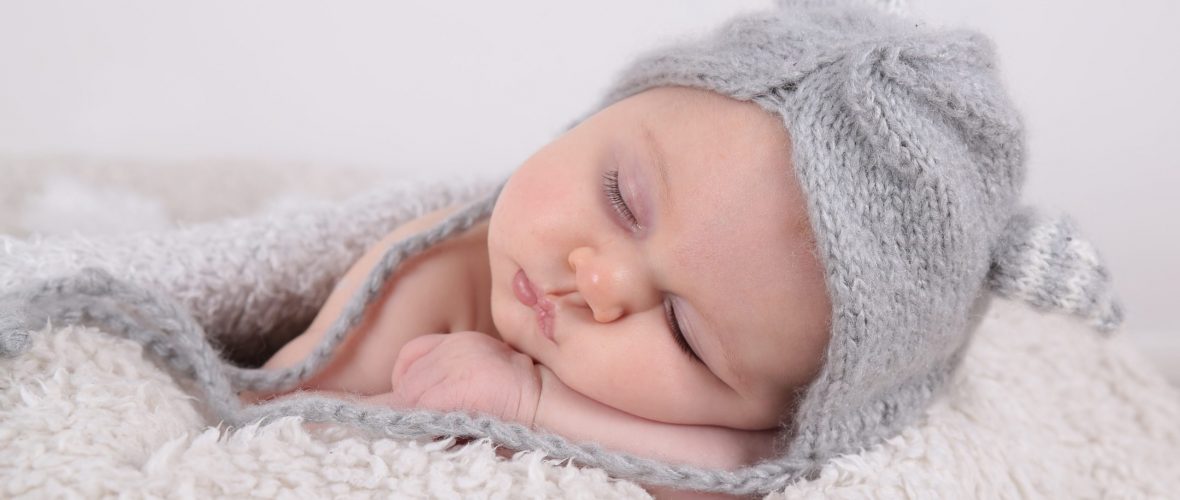
What is the best bedtime for your toddler?
After a busy day of fun and play, your little one will benefit from a calm bedtime routine and a good night sleep to refresh and recharge.
But what is the best time for your toddler to go to bed?
Susan, Sleep consultant from Settled Petals explains that as we grow and develop, the amount of sleep we need, and the ideal times to obtain this sleep changes.
The ideal time to go to sleep is largely dependent on our hormones.
Babies and toddlers usually experience a surge of melatonin between the hours of 6 – 8pm. Melatonin is often referred to as ‘the sleep hormone.’ Although it doesn’t actually put us to sleep, it sends a message to our body to begin to prepare for sleep. Therefore a bedtime within this time frame is usually ideal.”
A good bedtime routine will also support your little one to settle for a good night sleep.  Routine will help to make them feel emotionally secure, which will help them go to sleep more easily.
Routine will help to make them feel emotionally secure, which will help them go to sleep more easily.
This special time, as you prepare your little one for bed also signals to your little ones mind and body that it’s time for sleep, further allowing and supporting production the body’s own natural sleep-inducing chemical melatonin.
A nice bedtime routine often includes a warm bath, snuggles in a soft towel and a story. We have put together a beautiful gift box to support bed time routine. Click here to see more.
Another significant factor that will influence how well your little one settles down to sleep includes ‘Sleep pressure’. Sleep pressure will influence how tired your little one feels at bedtime.
Susan explains that sleep pressure is a chemical in our brain which lets us know how tired we are.
Every time we are awake our sleep pressure rises. Every time we sleep our sleep pressure lowers. If sleep pressure is either too high or too low we will find if difficult to fall asleep. Therefore ensuring that babies avail of well positioned naps will also help to accommodate a bedtime within this range.
If a baby or toddler avails of a late bedtime (outside of the 6 – 8pm range) it is likely that their sleep pressure will rise. The body responds by sending a surge of cortisol (the wake up hormone) which can offer the child a burst of energy. This can confuse parents into believing their child is not tired, and so they continue to promote a later bedtime. High sleep pressure, coupled with high cortisol can then make it increasingly difficult for the child to fall asleep, and may also contribute to more frequent night waking’s and early morning rising.
Very young babies – those under 6 – 8 weeks do not yet produce any melatonin. They also require more frequent naps and avail of less consolidated sleep. Many babies this age respond best to a much later bedtime – possibly around 10pm. Around the age of 12 weeks many babies begin to regulate their sleep hormones into a more consistent 24 hour schedule. From 12 weeks – 16 weeks, I recommend bringing bedtime forward by around 30 minutes a week, so they are ready for the earlier bedtime within the 6 – 8pm within a few weeks.
There are of course some exceptions to the rule. Around 10% of children are genetically programmed to fall asleep later. An early bedtime may simply not work for these children. Some trial and error may be required to help find the perfect bedtime for such children.
A further percentage of children, may have difficulty following a set schedule – possibly due to differences in how they produce and regulate their hormones. Speak to your health visitor or GP if you believe this may be an issue affecting your child.
If your child is currently going to bed a little later than the 6 – 8pm, it could be quite a shock to their system to attempt to moved bedtime in one go. Therefore moving bedtime back in steady installments – perhaps 15 – 20 minutes each night, to help them to make this transition.
For further advice and support on your baby’s sleep at this time (or at any stage during their baby and toddler years) Settled Petals offers a number of online resources to support parents with their children’s sleep:-visit www.settledpetals.com

Enjoy the journey!

